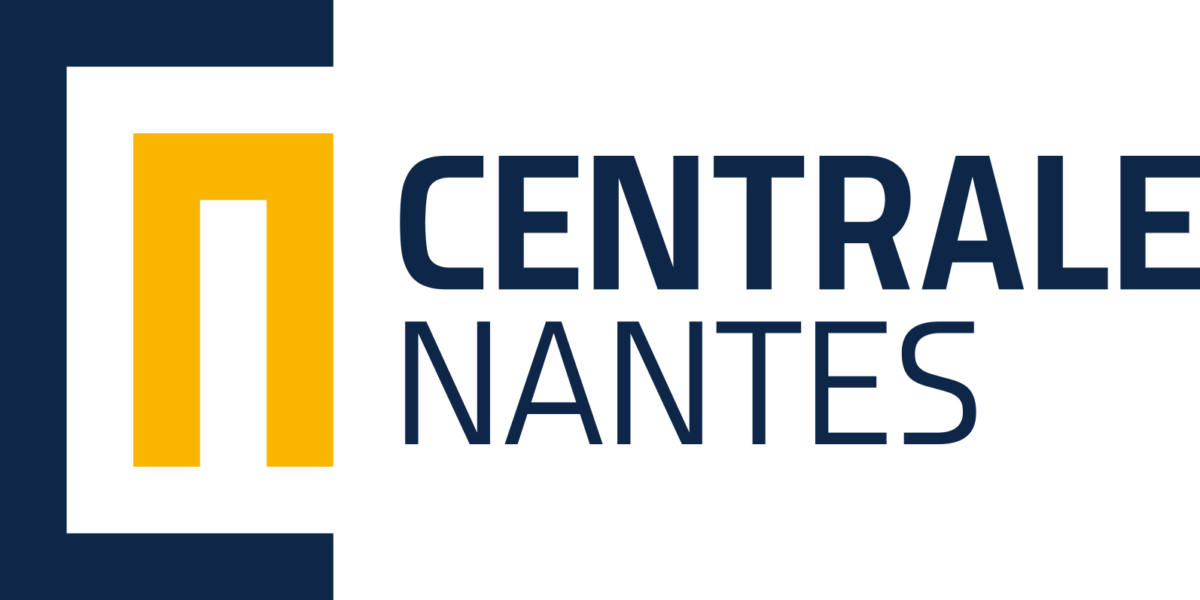Students attending this elite engineering school are highly trained in science and technology, and they develop a solid managerial culture to deal with multidisciplinary and cross-cutting issues.
Courses connected with the business world, at the heart of innovation
Curricula and research cover three broad areas: manufacturing, energy transition and healthcare.
Ecole Centrale has 2,150 students, and a staff of 550 researchers and lecturers. Nine international master's courses are offered in hydrodynamics, energy, propulsion, digital mechanics, automation, real-time control, materials processes, structural design, composites and oceanographic engineering. The different academic and vocational courses, levels and options offer openings across the marine renewables sector.
From research to innovation
Ecole Centrale conducts high-level European academic and applied research, drawing on its close ties with industry and government, and benefitting from a vibrant, forward-looking region. It aims to become a leader in high-growth sectors such as marine renewables and materials. The school's laboratories work across the whole development process, from upstream research to completion of full-scale demonstrators at sea and transfer to industry players. This collaborative activity with industry takes on various forms today: joint projects, combined teams, research positions, incubation and startups, services via the private subsidiary
Centrale Innovation.
Research platforms, a natural place to learn and put new MRE trades into practice
The school laboratories, accredited by the CNRS, have experimental facilities unique in their field and are open to European research and industry. These facilities include a supercomputing centre, ocean engineering tanks and an offshore test site (SEM-REV).
The Centrale Nantes wave basin is the most demanded research facility by the MRE sector in Europe and SEM-REV is the only site in Europe to have generic approvals for prototypes and a connection to the national grid.

